Blog
Categories:
- All posts
- Methods and Formats (4)
- Behind the curtain (3)
- Fundamentals (1)
- Thinking outside the box
- Digital (3)
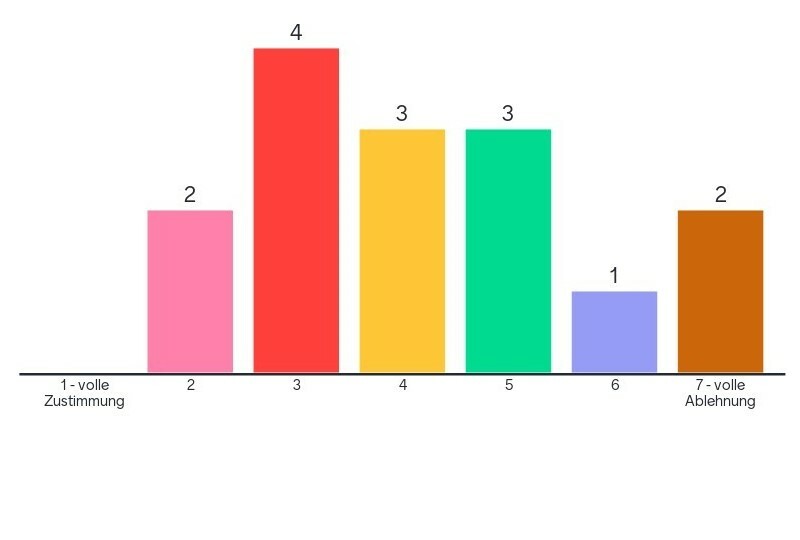
How we deal with (extreme) right-wing parties in simulation games: An interim report
"Right-wing and far-right parties are electable in our democracy and should therefore also be represented in simulation games." - Agree or disagree? There are different opinions in our team. And yet we have to find...
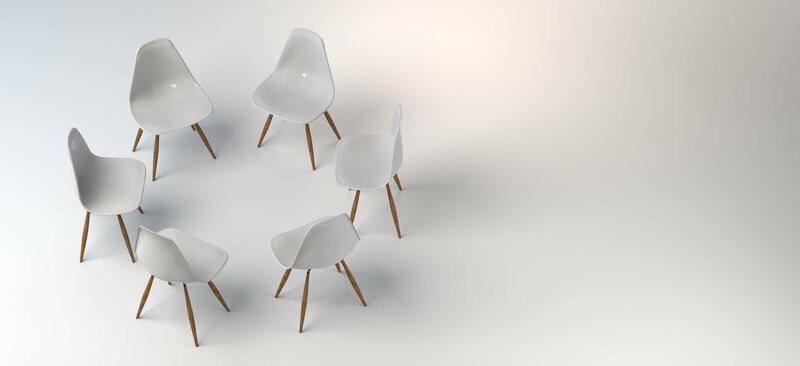
How to talk about it? Workshops on the conflict in the Middle East
The escalation of the conflict in the Middle East has lead to heated discussions, including at many universities. But how can we talk about the conflict respectfully without hurting people? We report on a series...
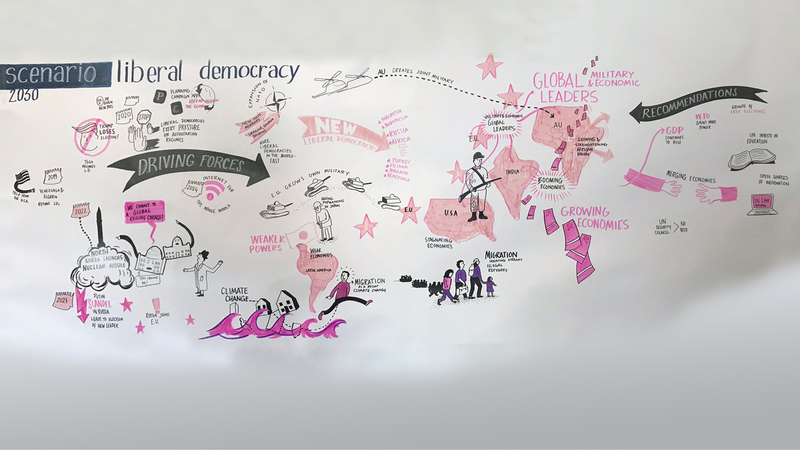
Instructions: How does a scenario workshop work? On the impossibility of predicting the future
How does a scenario workshop actually work? We have written a little guide: Which steps are important, which questions need to be clarified? Recommended to try out and copy!

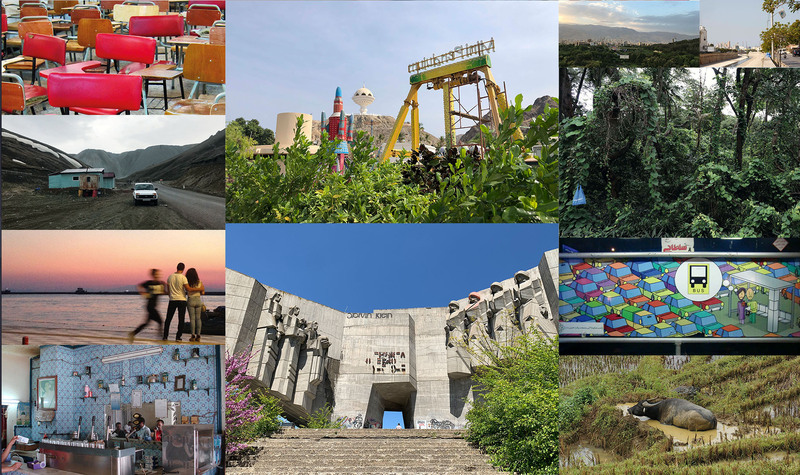
Around the world in 18 years
50 countries in 18 years - from Luxembourg to Indonesia, from Finland to Ethiopia. And all on behalf of political education work! Holidays in other countries are a great thing for many people. But for...


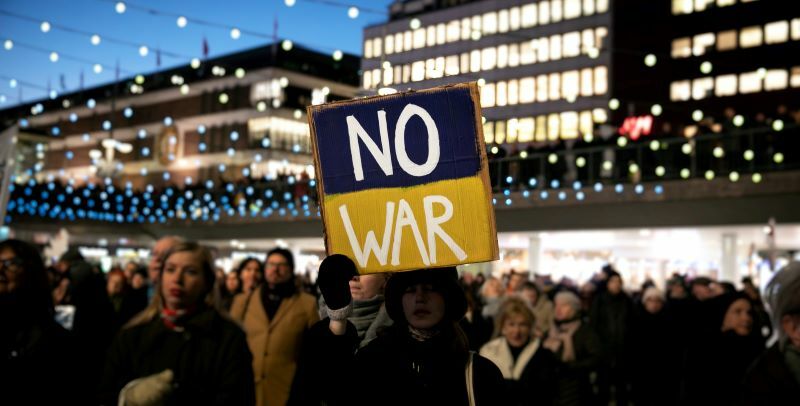
Talking about war: The mission and limits of civic education
We have developed a format for addressing the war against Ukraine. As political educators, we see our task not only in discussing the war in Ukraine in a way that is appropriate for the target...

Diversity and discrimination-sensitive education work
To see oneself as a learning organisation also means to question oneself again and again, to question each other and to leave one or the other question (un)solved. In the past year, one question has...
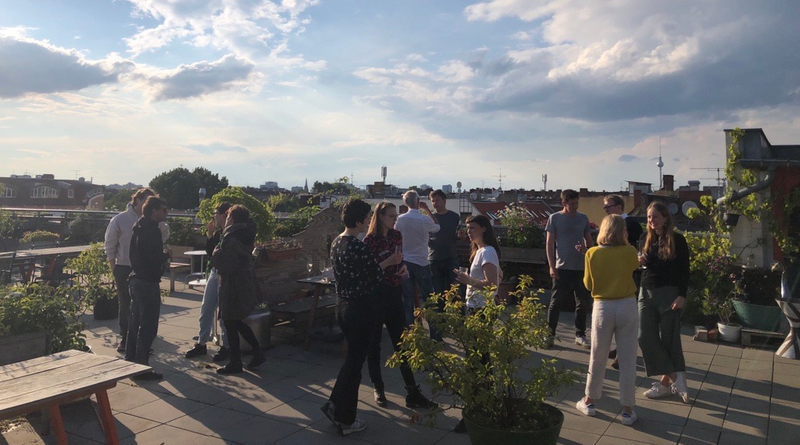
Organizing planpolitik in circles
Task- and competence-oriented work, separation between business and service circles, no hierarchies qua positions, self-organisation in the circles, pull instead of push principle in management - these are some of the catchwords that accompany us...
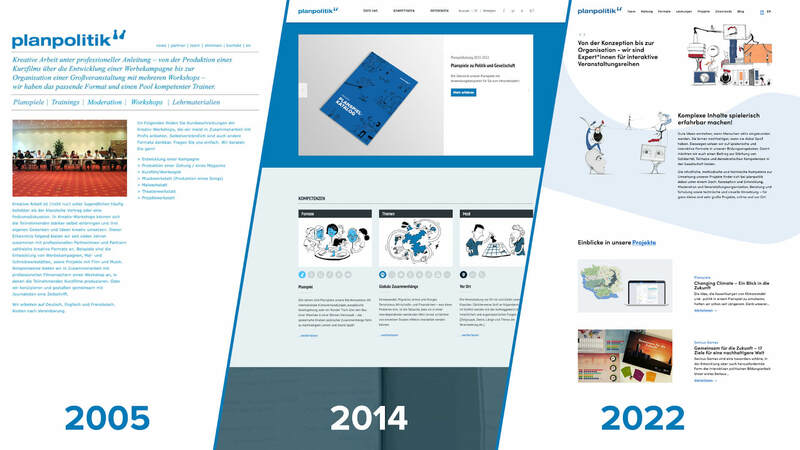
Welcome!
We're glad you made it this far! We sincerely hope that you like our new homepage. We have put a lot of work into it... After all, we have covered all the steps internally: from...
Categories
- All posts
- Methods and Formats (4)
- Behind the curtain (3)
- Fundamentals (1)
- Thinking outside the box
- Digital (3)